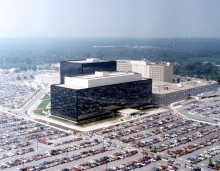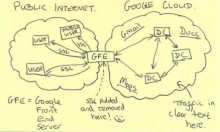Google Cookies Help NSA Identify Targets for Hacking and Spying
It isn’t just online advertisers that benefit from user-tracking cookies. The National Security Agency has been taking advantage of the cookies that companies force on users to pinpoint targets they want to hack, according to newly released Edward Snowden documents.








































































